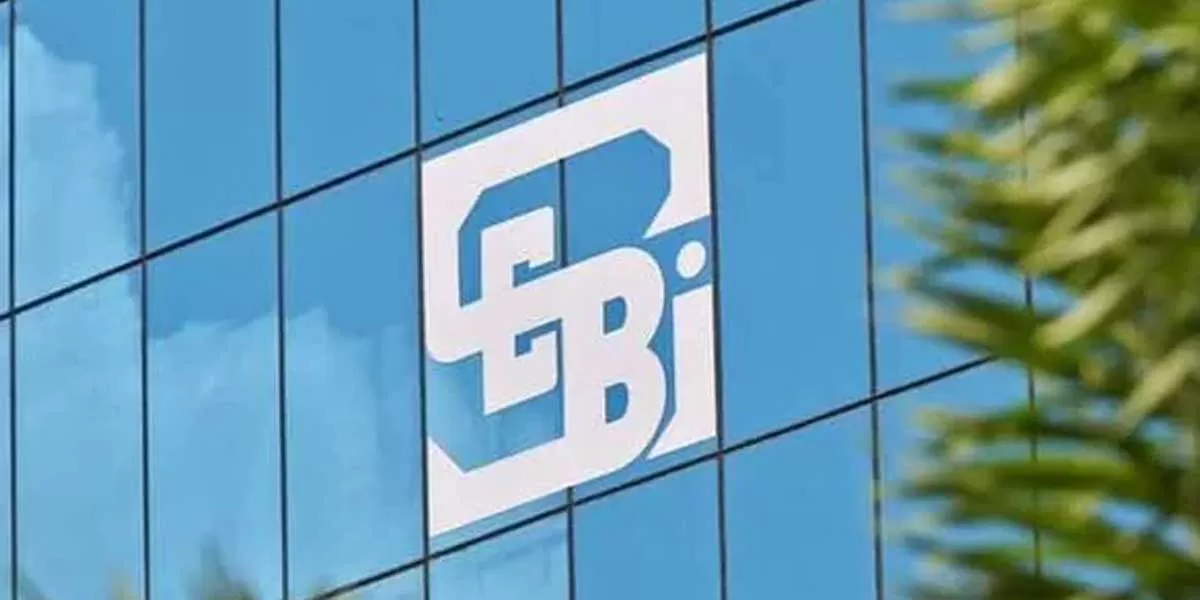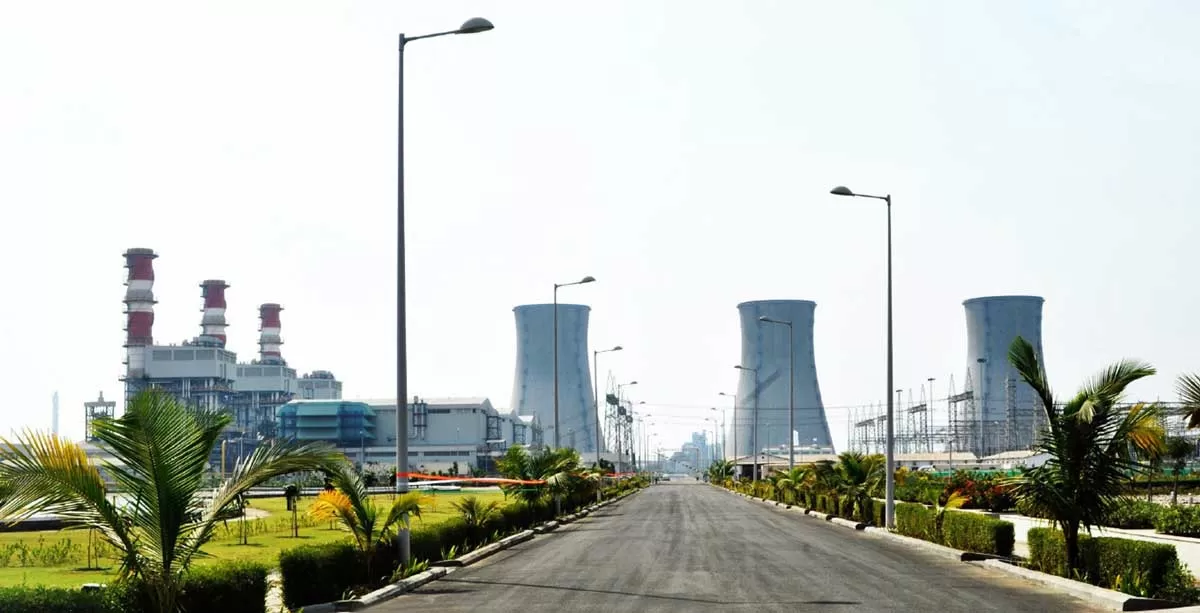
SEBI Releases Borrowing Guidelines for Category I & II AIFs
Redefine the future of urban mobility! Join us at the Metro Rail Conference 2025 to explore groundbreaking ideas and insights. 👉 Register today!

Waaree Begins Solar Cell Production in Gujarat
Waaree Energies, India’s largest solar PV module manufacturer, has commenced trial production at its new 5.4 Gigawatt (GW) solar cell manufacturing facility in Chikhli, Gujarat. Amit Paithankar, Whole-time Director and CEO of Waaree Energies, described the milestone as a significant step toward realizing India’s renewable energy ambitions. “Our drive for backward integration aligns with the nation’s goal of reducing dependence on imports and fostering a robust, self-reliant solar supply chain,” he said. With headquarters in Mumbai, Waaree Energies operates solar PV module manufacturi..

Trina Solar Sets Record for Solar Module Efficiency
China’s Trina Solar has achieved a new world record for solar module conversion efficiency, the company announced. Its large surface area n-type fully passivated heterojunction (HJT) modules reached an efficiency of 25.44% in laboratory tests, as verified by Germany's Fraunhofer CalLab, a leading solar research organization. Passivation technology, which minimizes surface defects in solar cells, enhances energy conversion. Improved efficiency allows for smaller installations and reduced costs, making solar energy more accessible. Professor Martin Green from the University of New South Wales ..

MUML Project Secures Financing to Boost Mumbai's Power Supply
The MUML Project, awarded in June 2020 under Tariff Based Competitive Bidding (TBCB), is set to enhance Mumbai and Navi Mumbai’s power infrastructure, delivering over 2,000 MW of additional electricity. Spanning across Maharashtra, Gujarat, Assam, and Arunachal Pradesh, the project is a pivotal part of India's western and northeastern region strengthening schemes. The financing for this ambitious project includes the first Non-Convertible Debenture (NCD) issuance by SGL32, following its joint venture with Singapore’s GIC. This move strengthens the financial backing for the MUML Project, wh..















